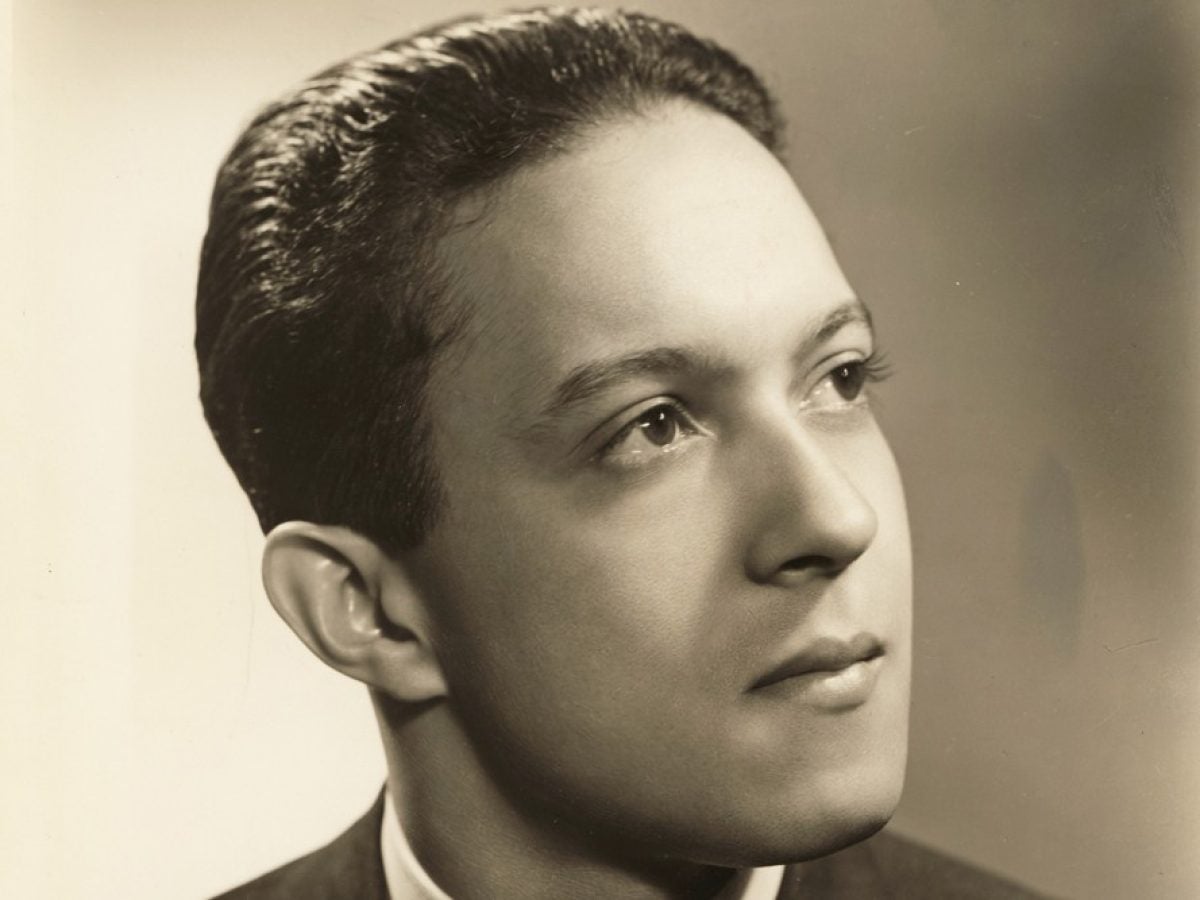
Everett Lee, the first Black conductor of a Broadway production, reportedly passed away near his home in Sweden on January 12.
A decade after he shattered barriers “wav[ing] the baton over a white orchestra” in the 1945 Broadway production of On the Town, Everett Lee gained even more distinction for being one of the first Black conductors to “lead a major opera company, conducting the New York City Opera’s production of Verdi’s ‘La Traviata’ in 1955.”
A New York Times critic lauded his performance, writing “[n]ot only was his conducting expert in all its technical aspects…but it was informed with musicianship and an exceptionally keen grasp of the character of the opera.”
Read more about the legendary conductor.
1. Born in Wheeling, West Virginia, Lee began playing the violin when he was 8 years old.
His talent prompted the family to move to Cleveland where he led his high school orchestra as the concertmaster. Then, Lee went on to the Cleveland Institute of Music before heading to The Julliard School in New York, where he studied conducting.
2. Even though Lee was earning accolades for his career, racism was unfortunately always a constraint, although “he refused to let it define his work.”
Artist manager Arthur Judson once told him “A Negro, standing in front of a white symphony group?…No. I’m sorry,” and advised him to follow in the steps of those Black musicians who had fled the U.S. for countries abroad.
3. Lee created the Cosmopolitan Little Symphony, “an integrated ensemble that rehearsed at Harlem’s Grace Congregational Church.”
Writing to Bernsetin, Lee wrote, “[m]y own group is coming along fairly well…it may be the beginning of breaking down a lot of foolish barriers.” However, recruiting Black musicians proved to be challenging as many of these trained musicians assumed, “that there was ‘no future’ in achieving high standards of proficiency” without adequate opportunities to use their talent.
4. Lee ultimately expatriated in 1957, and his career flourished in Germany, Colombia, and Sweden, where he became the Norrkoping Symphony Orchestra’s music director.
In 1970, speaking to The Atlanta Constitution, Lee said, “’I did not have very much hope at home, despite some success….It would be nice to work at home. I’m an American—why not?’ If he could make it in Europe, he concluded, ‘I should be able to make it here.’”
Although he often said that he wanted to return to the US, he vowed to do so only to be a major orchestra’s music director. It is noteworthy that this feat has only been reached in the U.S. by one Black conductor, James DePriest, who became music director of the Oregon Symphony in 1980.
Ultimately, even with more successful Black conductors entering the field, Lee said “there has been no major change…Orchestra companies feel if they had a Black orchestra leader last year, they don’t need one this year.”
5. Lee eventually “fulfilled a dream of conducting the New York Philharmonic on the birthday of the Rev. Dr. Martin Luther King Jr.” in 1976
The conductor led Sergei Rachmaninoff, Jean Sibelius and David Baker’s ‘Kosbro’ — short for ‘Keep on Steppin’ Brothers. In a 1997 interview, Lee said that he wasn’t “bitter” even with all of the hurdles he had to overcome.